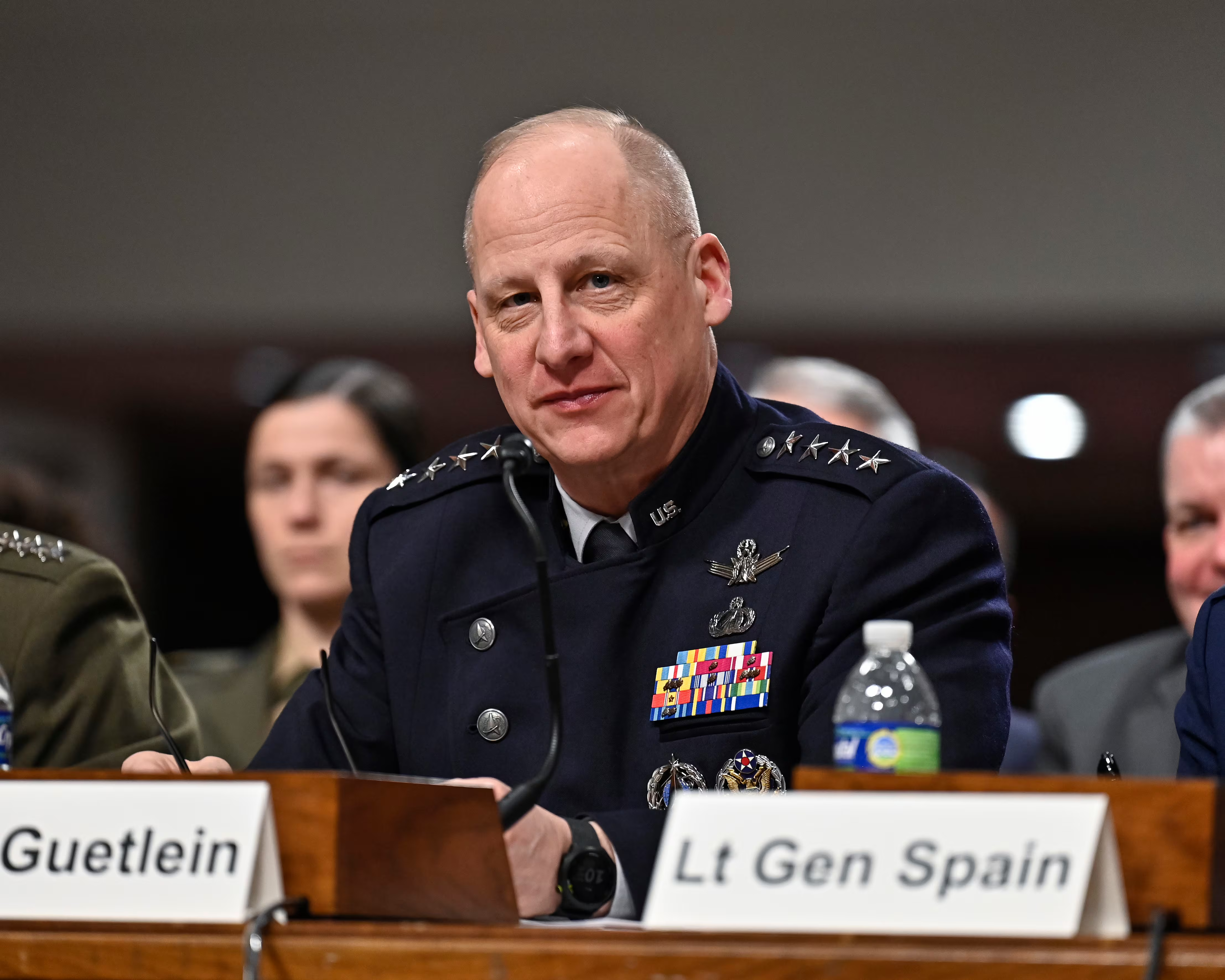WASHINGTON — Democrats are calling Republicans weak on China for excluding the Pentagon’s request to use multiyear contracts to buy high-priority munitions in the latest House defense spending bill.
The House Appropriations Committee’s defense panel advanced the $826 billion Pentagon funding bill on Thursday along party lines.
Democrats repeatedly noted in a pair of news releases that the draft legislation rejects “$1.9 billion for the administration’s multiyear procurement request that would cover the costs of buying in bulk.” They argued that not funding these multiyear purchases amounted to a failure to “counter Chinese Communist Party threats.”
The Pentagon requested multiyear procurement authorities in its fiscal 2024 budget request from March. In the past, these multiyear authorities usually have been for the Defense Department to buy big-ticket, expensive items like ships and aircraft.
The war in Ukraine has drawn sharp attention to the defense-industrial base’s struggle to quickly replenish munitions. The Pentagon hopes that multiyear purchases can help ameliorate this issue by sending a strong demand signal to industry that encourages companies to ramp up production and keep assembly lines hot.
“There’s quite a bit of evidence that multiyear contracting provides certainty and stability to the industries, which allows them to invest capital investments to increase production to also be there for unanticipated emergencies like Ukraine,” Senate Armed Services Chairman Jack Reed, D-R.I., told Defense News last week.
Despite criticism from Democrats, the defense spending panel Chairman Ken Calvert, R-Calif., did not shoot down multiyear munitions procurement and suggested Republicans may add it when the full Appropriations Committee considers the bill.
“We’ll take a look,” Calvert told Defense News. “The bill’s not over yet.”
Skeptical appropriators
Multiyear munitions procurement was one of 10 bipartisan recommendations the House’s China-focused committee submitted to the chamber in May. (The panel’s official name is the Select Committee on the Strategic Competition Between the United States and the Chinese Communist Party.)
Its chairman, Rep. Mike Gallagher, R-Wis., told Defense News in an April interview that he was lobbying appropriators to fund multiyear munitions purchases after his panel conducted tabletop wargames that found the U.S. would rapidly run out of munitions in a conflict with China over Taiwan.
“I understand why they usually resist multiyear authority and why they are skeptical about the way [the Defense Department] spends money,” Gallagher said at the time. “Sometimes [the department] spends money in a stupid fashion.”
“We need about 1,000 to 1,200 [long-range anti-ship missiles] if you believe the unclassified wargames,” Gallagher adding, noting the U.S. currently has less than 250 in its inventory.
The Defense Department hopes that multiyear contracts can fund a “large lot procurement pilot” for munitions, including the Long Range Anti-Ship Missile, the Joint Air-to-Surface Standoff Missile Extended Range, the Standard Missile-6 and the Advanced Medium Range Air-to-Air Missile.
Outside that program, the Pentagon also wants $250 million in multiyear buys for roughly 100 Naval Strike Missiles.
Congress authorized multiyear buys for many of these munitions in the FY23 National Defense Authorization Act. But congressional appropriators remained wary of multiyear munitions procurement and only funded a small fraction of that authorization. The FY23 spending bill allocated $687 million for the Army for two years to accelerate production “of critical munitions to replace defense articles” provided to Ukraine and its backers.
Sen. Jeanne Shaheen, D-N.H., who sits on the upper chamber’s defense spending panel, supports multiyear munitions purchases, but said her more skeptical colleagues on the subcommittee won out when they drafted the spending bill last year.
“There were some concerns among appropriators — I was not one of them — about giving that authorization for more than a short period of time,” Shaheen told Defense News in May.
The top Republican appropriator in the Senate told Defense News that she is onboard.
“Based on my initial analysis, it strikes me as a good idea,” Sen. Susan Collins, R-Maine, said last week.
Bryant Harris is the Congress reporter for Defense News. He has covered U.S. foreign policy, national security, international affairs and politics in Washington since 2014. He has also written for Foreign Policy, Al-Monitor, Al Jazeera English and IPS News.








